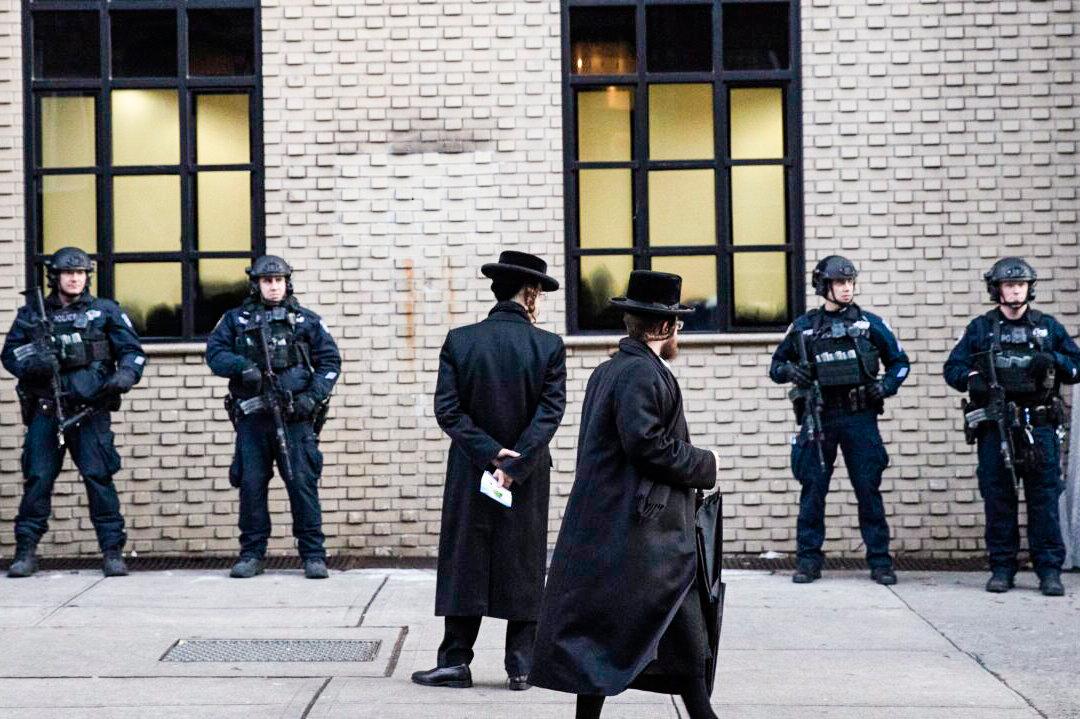Some of the biggest American law firms wrote a letter to law schools in the country, warning they may not take in students from campuses that allow anti-Semitic activities.
“Over the last several weeks, we have been alarmed at reports of anti-Semitic harassment, vandalism, and assaults on college campuses, including rallies calling for the death of Jews and the elimination of the State of Israel. Such anti-Semitic activities would not be tolerated at any of our firms,” the Nov. 1 letter said. “We also would not tolerate outside groups engaging in acts of harassment and threats of violence, as has also been occurring on many of your campuses.”





